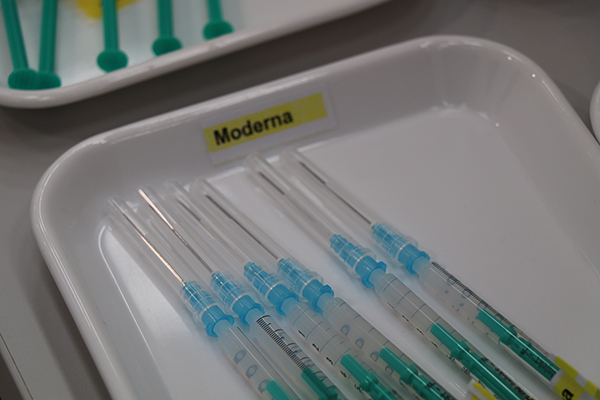By Oula Mahfouz and Feras Trayfi
Depression is not a sign of weakness, but a sign for the effort of remaining strong for a long time.
(Sigmund Freud)
Do you feel a constant sadness that you cannot rid yourself of? Are your tears your permanent companion? Has everything that you once loved and everything that brought happiness into your life has lost its charm? Do you sleep too much or cannot sleep at all, despite wanting to? Do you no longer have the energy or desire to meet someone and have a conversation? Is eating the very last thing on your mind – and while eating, it doesn’t make any difference whether the food is salty or tasteless? You do not want to engage in physical or mental activity anymore? It is hard for you to focus and you feel that you are losing your memory? Have you reached a point where you can no longer control the voices inside your head that tell you that the only way to get rid of all this pain is by ending your life?
If you suffer from any of these symptoms for more than two weeks, do not ignore them and seek help. You are possibly suffering from depression, a disease that is spreading rapidly all over the world. According to the World Health Organization (WHO) more than 320 million people are affected. The disease can lead to suicide. Every year, almost 800,000 people commit suicide. Depression is the second most common cause of death in ages 15-29.
You can find help at the “Working Group Life” (Arbeitskreis Leben) in Tübingen. For adults call 07071-19298 or write an email to akl-tuebingen@ak-leben.de, for young people till the age of 21, call 07071-254281 for youth counselling or write an email to info@youth-life-line.de.
A team of tünews INTERNATIONAL conducted an interview with the Syrian doctor Hazar Al Barazi.
tünews: Ms. Al Barazi, what is depression?
Al Barazi: Depression is a disease that affects body and soul in the way you feel and act. The true cause remains unknown, but it is assumed that the disease is caused by multiple factors, such as:
Biological factors: neurotransmitters are related to mood and play a role in depression. This also affects the hormonal imbalance. Genetic factors: individuals with relatives, that suffer from depression or mental illness, are more vulnerable. Social environment: strong mental pressure, mental strain and negative childhood experiences are under the most important causes for depression. These mental factors are often insufficient for the development of the disease. Depression also has genetic and organic triggers.
tünews: What types of depression exist?
Al Bazari: Depression is either a primary disease or it may be caused by other physical diseases such as thyroid disorder. It may be related to another physical disease like cancer. Or it may be the consequence of a treatment with cortisone medication. Furthermore, there are various kinds of depression like e.g. seasonal depression due to the weather, postpartum depression for mothers after giving birth, children’s depression, bipolar depression, psychotic depression and post-traumatic stress. In case they are not treated in the right way, depression can occur several times and can even become a chronic disease.
tünews: For which groups does depression pose an increased risk?
Al Bazari: Usually women are affected most frequently, for example during pregnancy and after giving birth. These events lead to a hormonal change.
tünews: How is depression treated?
Al Bazari: There are two common ways of treating depressions, i.e. psychotherapy and medical treatment. It is recommended to apply both methods at once, since the medical therapy constitutes a supplement to behavioural and psychological therapy. Though, the doctor should not resort to the treatment with drugs, unless it is depression that is caused by an organic disease or dysfunction and behavioural and psychological therapy have proven insufficient.
tünews: Ms. Al Barazi, we thank you for the interview.
tun051005
Impressionen zum Leben in Zeiten der Corona-Pandemie: Foto: tünews INTERNATIONAL; Roula AL Sagheer, 13.05.2020
Aktuelle Informationen zu Corona: Hier klicken



